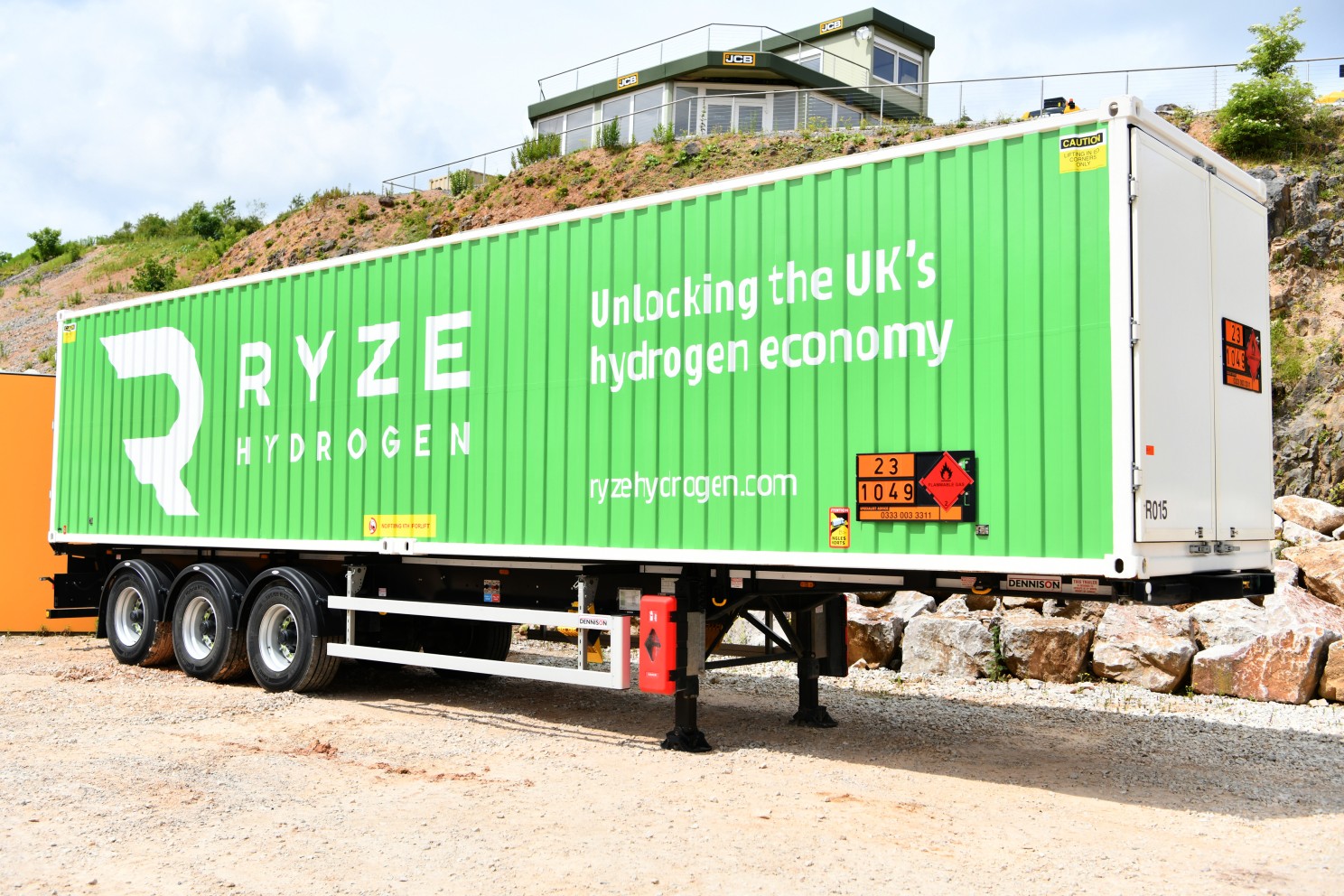Scaling Net Zero: The Role of Private Equity

Luke Spencer-Wilson, Chief Operating Officer of clean energy investment fund HYCAP, explains the increasing role private equity is playing in the transition to net zero.
“In recent years, the investment landscape has shifted from traditional liquid markets to private markets, particularly in the clean energy sector,” Luke explains. “Pursuing higher returns drives this trend, as well as the benefits of long-term investment horizons, diversification, and the growing appeal of impact investing.
“Private equity funds, with their ability to drive sustainable development, address climate change, and deliver robust returns, are emerging as key players in this transition.”
Historically, investors have favoured liquid markets like stocks and bonds for their high liquidity, transparency, and accessibility. However, the search for higher returns, especially in a low-interest-rate environment, has prompted many to explore private equity.
“Private equity investments typically offer higher returns compared to public markets,” he continues. “Additionally, private markets enable investors to engage in long-term projects without the pressure of short-term market fluctuations. This is particularly beneficial for sectors like clean energy, where projects may take years to become profitable. Including private equity in a portfolio also benefits diversification, reducing overall risk.”

HYCAP Chairman, Jo Bamford, addresses investors at JCB Worldwide Headquarters, June 2024, in front of HYCAP portfolio company Wrightbus’ market-leading electric bus, and a zero-emission JCB digger.
But there is also the sustainable impact investors are pushing for – growing their capital while having a positive influence on the planet.
“We have certainly seen a growing desire among investors to contribute to positive social and environmental outcomes,” says Luke, who has worked for more than 25 years for hedge funds, private equity firms, asset managers and family offices.
“Clean energy investments align well with these values, supporting the transition to a more sustainable future. As a result, private equity funds specialising in clean energy are seeing substantial growth. This growth is driven by several factors, including policy support, technological advancements, corporate commitments to sustainability, and rising investor demand for green investments.

HYCAP portfolio company Ryze Hydrogen’s hydrogen transporter trailer, on display at HYCAP’s investor day, June 2024, held at JCB Wordwide Headquarters.
“Governments worldwide are implementing policies to support clean energy development, such as subsidies, tax incentives, and renewable energy mandates. Technological advancements in clean energy reduce costs and increase efficiency, making these investments more attractive. Additionally, large corporations are committing to sustainability goals, increasing demand for renewable energy solutions.
“There is also a rising demand from institutional and retail investors for green investments, driven by growing awareness of climate change and ESG considerations.”
Hydrogen Equity Partners UK Limited (HEP), part of the HYCAP Group, is an example of the role of private equity in the clean energy transition. Founded in 2021, HEP invests in private companies within the renewable energy ecosystem, including solar, wind, and energy storage projects. This strategy includes early-stage investments, operational improvements, and strategic partnerships.
A notable portfolio company is Yamna , whose large-scale green ammonia initiative involves substantial renewable energy and battery storage capacity. And HYCAP has underlined its investment commitment across the net zero value chain, also investing in Wrightbus , which manufactures EV and hydrogen fuel cell buses; Ryze Hydrogen , which transports and distributes renewable energy; Hygen Energy , a hydrogen production facility; Liquid Wind, a green electrofuel development company, and Zeti , an award-winning innovator in fintech for clean transport adoption.
“As global efforts to combat climate change intensify, the demand for clean energy solutions will continue to rise. Private equity funds are well-positioned to provide the necessary capital and expertise to drive this transition. Advancements in technology and supportive policies will further enhance the attractiveness of clean energy investments. Integrating AI, big data, and blockchain in energy management and distribution will open new avenues for innovation and efficiency.

Luke Spencer-Wilson, Chief Operating Officer of clean energy investment fund HYCAP, explains the increasing role private equity is playing in the transition to net zero.
“The shift from liquid to private markets represents a transformative change in the investment landscape. Private equity funds play a crucial role in the clean energy transition, highlighting the potential for significant financial returns while contributing to a sustainable future. As the world embraces renewable energy, private equity will remain at the forefront, driving innovation, sustainability, and economic growth.
“HYCAP is proud to be part of this transition, supporting diverse investments that pave the way for a greener, more resilient economy.” Hedge Funds, Private Equity Firms, Asset Managers & Family Offices.
To learn more about HYCAP, click here

